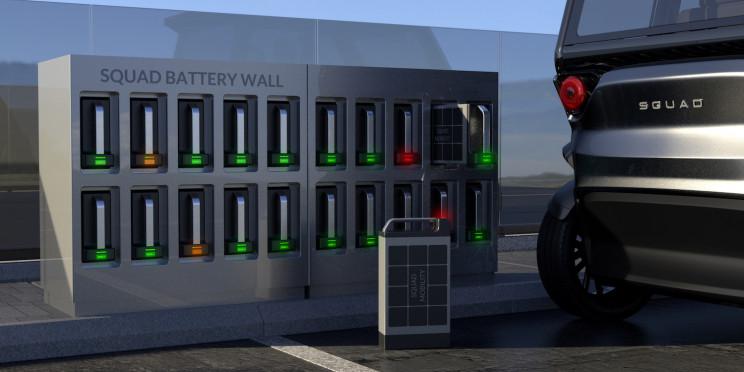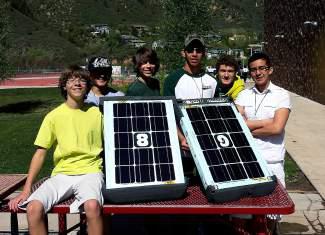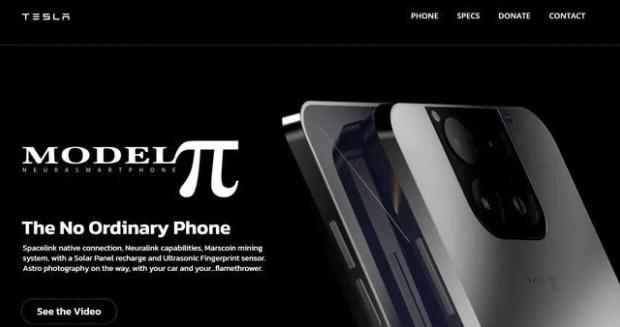While solar-powered cars might have promise, solar panel technology isn't at the stage where it can power the average vehicle without needing excessive charging times.
The SQUAD Solar City Car isn't quite your average vehicle. The incredibly compact two-seater was built to make the most of solar's limitations by powering urban mobility and tackling the first and last-mile emissions problem while it's at it.
"Urban mobility should be safe, accessible, and hassle-free. It should contribute to a liveable, free and open city life," Squad Mobility writes in a press release.
The company says its smart vehicle, which will be available in 2022, makes "life simple for everyone." Founded in 2019, Squad Mobility set out to create a zero-emission solution that can be easily integrated into city spaces.
The result is the company's SQUAD Solar City Car, a two-seater vehicle that charges automatically in sunlight and has the option of swappable batteries if its charge is low.
Advertisement
A small, but robust, design makes it easy to navigate cities and park the car conveniently — three of the SQUAD vehicles fit comfortably into one parking space. Their aluminum tubular frame and roll cages provide a safe trip, while real-time vehicle data allows fleet operators to keep an eye on their vehicles from afar.
Tackling urban mobility emissions with solar city cars
The idea is one that can help the world tackle its last-mile emissions problem. As a World Economic Forum report warned earlier this year, last-mile emissions are set to climb 30 percent by 2030 if governments don't do something about it.

"Cities are looking for zero-emission mobility solutions with a small space footprint. We have achieved both," said Robert Hoevers, Squad Mobility CEO.
"A per capita energy consumption lower than public transport and a space footprint comparable to a bicycle. And all this, while offering the flexibility of personal transport and the comfort of a car."
Advertisement
The vehicles have a 62-mile (100 km) range thanks to their swappable batteries, and they are constantly charging via their solar panels, which provide an extra 12 miles (20 km) per day.
Squad Mobility points out that, as the average person drives 12 km per day in the light electric vehicle (LEV) segment, the solar charge should have people covered most days. As the cars are aimed squarely at the urban mobility space, they reach top speeds of 28 mph (45 km/h).
Sensors inside the vehicle gauge tire pressure and other metrics, including battery damage indicators, to ensure rider safety. A remote control feature for operators will even allow them to remotely move their vehicles if they see riders have left them parked illegally or dangerously.
A 4-seater SQUAD car might soon be available
Squad Mobility hopes its idea catches on globally, after which it plans to build a faster and more powerful vehicle, Robert Hoevers told Interesting Engineering over an email exchange.
Advertisement
"[Next] we plan on developing the faster and more powerful 4-person 70 km/h L7 version, expanding geographically, and upgrading the Squad with more features for sharing platforms, such as remote control autonomy," Hoevers said.
"We have also designed a cargo trailer with more solar panels," he explained.
The SQUAD solar car has the potential to change urban mobility, making it safer and more environmentally friendly, at the same time as making city transportation easier and more accessible to the masses. It's a commendable goal, and we look forward to the official presentation of the vehicle, which is set for the fall later this year.




